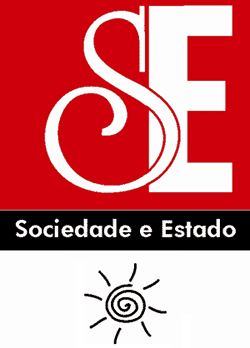From the analysis of the anchorage process, the study was designed to assess the principles that organize the positions taken by members of a rural group faced with rural/city representations. 200 representatives of four generations of a brazilian rural community took part in the study. The script for the interview was made up of questions which focused on: (1) socio-demographic data relating to sex, age, generation groups and previous experience of living in urban areas; (2) contact with prejudice, life expectancy in the city for non-migrants and recommendations on life in the city from participants who have already lived in urban areas; (3) rural social values; and (4) free evocations associated with objects of rural-urban representation. The results, synthesized using Content Analysis and SPAD-T software, indicated the presence of three organizing principles of the meaning of rural vs. city objects: natural world vs. artificial world, happy life vs. bad live and almost self-sufficient vs. resource centred. The function of the process of social identity, which aims to preserve the rural community way of life and guarantees the survival of its sociability through new generations, is discussed.
Anchorage; City; Organizing Principles; Rurality; Social Representation








